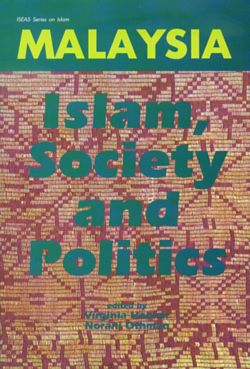Stock image of a MAS plane selected by Asian Currents
Today, Asian Currents published an op-ed I wrote on the Malaysian authorities’ behaviour in relation to MH370, and the relationship between this behaviour and the wider issue of public trust in the authorities after the contested 2013 election result. The full text is below.
Missing aircraft flies into the turbulence of Malaysian politics
BY Amrita Malhi
The disappearance of Malaysian Airlines flight MH370, writes AMRITA Malhi, has become enmired in Malaysian politics.
On Saturday 8 March, Malaysian Airlines flight MH370 disappeared.
The same weekend that the aircraft was reported missing, MP and opposition leader for the People’s Alliance coalition, Anwar Ibrahim, was sentenced to a second prison term for sodomy by the Court of Appeal. Anwar’s defence lawyer, fellow People’s Alliance MP Karpal Singh, was handed down a fine for sedition.





